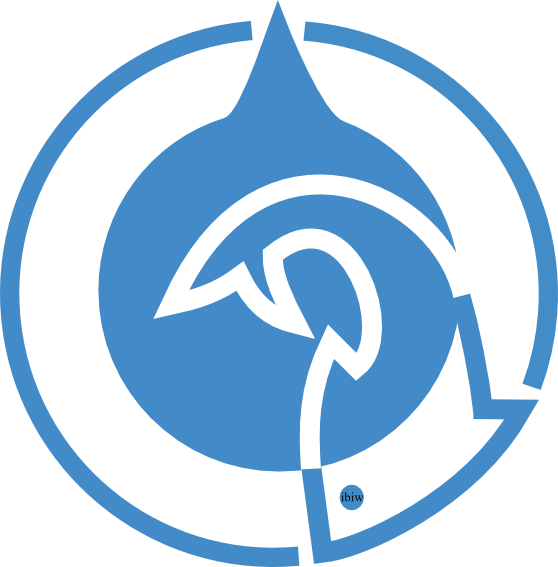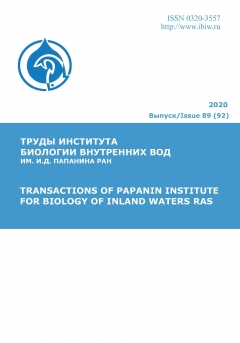UDC 591.3
UDC 575.8
The issue of the medical significance of diapause is considered from the standpoint of evolutionary physiology. According to it, in the course of evolution, due to the emergence of new morphophysiological and physiological adaptations, the regulatory systems of the body were built up. Obsolete mechanisms passed into an inactive state, as a result of which the regulatory physiological system became multi-stage and hierarchical. At the same time, it is based on dormant processes of normal ontogenesis of ancestors. They can awaken in pathological situations, when later emerging regulatory adaptations fail to cope with their functions. Activation of dormant mechanisms of ancestors is a pathological condition, and cancer is, perhaps, the awakening of the process of embryonic diapause in invertebrates. The purpose of the article is to present a hypothesis according to which deciphering the mechanism of embryonic diapause is the way to a better understanding of the causes of cancer.
evolutionary medicine, cancer
1. Zahvatkin A.A. Sravnitel'naya embriologiya nizshih bespozvonochnyh. M.: Sov. nauka, 1949. 394 s.
2. Ivanova-Kazas O.M. Bespoloe razmnozhenie zhivotnyh. L.: Izd-vo LGU, 1977. 240 s.
3. Karmanova I.G., Oganesyan G.A. Fiziologiya i patologiya cikla “bodrstvovanie-son” (evolyucionnye aspekty). SPb.: Nauka, 1994. 196 s.
4. Makrushin A.V. Kak i pochemu voznikli mehanizmy stareniya i onkogeneza: gipoteza // Zhurnal obschey biologii. 2008. T. 69(1). S. 19–24.
5. Orbeli L.A. Evolyucionnyy princip v fiziologii // Problemy sovetskoy fiziologii, biohimii i farmakologii. VII Vsesoyuznyy s'ezd fiziologov, biohimikov i farmakologov. Kn. 1. M.: AN SSSR, 1949. S. 8–13.
6. Jackson J.H. On evolution and dissolution of the nervous system // Br. Med. J. 1884. Vol. 1(1214). P. 660–663.
7. Jӓgersten G. Evolution of the metazoan life cycle. A comprehensive theory. London: NewYork, 1972. 282 p.








